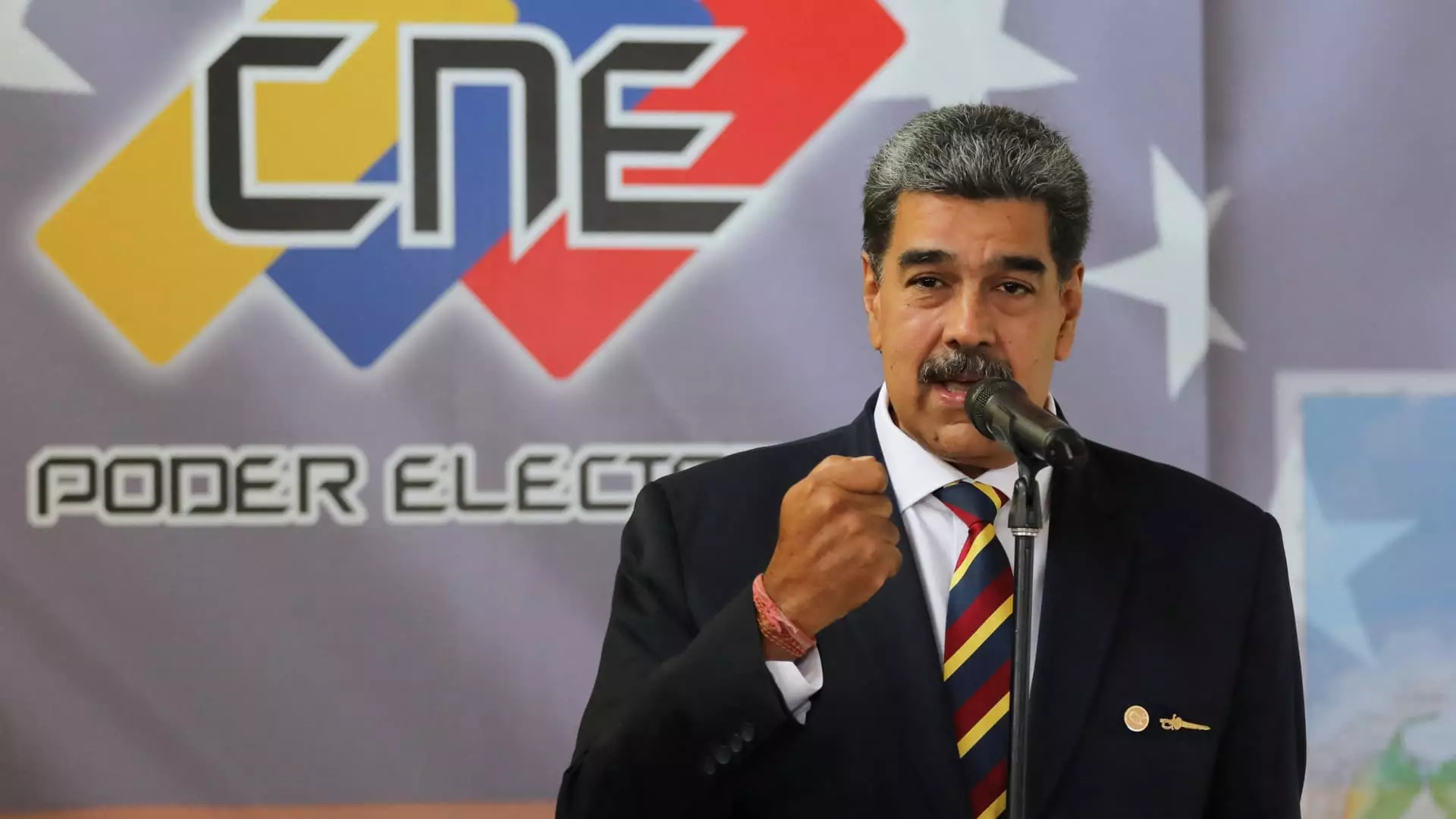In recent news, Venezuelan President Nicolas Maduro has issued a 10-day ban on a popular social networking platform, X, in response to a feud with tech billionaire Elon Musk. This move by Maduro has sparked a debate on the implications of social media bans on political disagreements and freedom of speech.
Maduro justified his decision to ban X by accusing Elon Musk of violating the rules of the platform and inciting hatred, fascism, civil war, and death among Venezuelans. He claimed that Musk’s actions were in violation of Venezuelan laws and stated that the ban would be enforced by the National Commission of Telecommunications. This action by Maduro raises concerns about the government’s control over social media and its impact on the flow of information.
Elon Musk responded to Maduro’s ban on X by calling him a dictator and accusing him of perpetrating election fraud. The exchange of insults between the two figures escalated, with Maduro challenging Musk to a fight on national television. This public exchange highlights the power dynamics at play when tech moguls clash with political leaders and the potential consequences of such conflicts.
The ban on X comes in the midst of political unrest in Venezuela following the disputed 2024 presidential election. The election was marred by allegations of misconduct and electoral fraud, leading to protests and clashes between the government and opposition supporters. The international community, including the United States, has raised concerns about the legitimacy of the election results and the government’s response to dissent.
Maduro’s decision to ban X raises questions about the impact of social media bans on freedom of speech and access to information. By cutting off access to a popular social networking platform, the government restricts the ability of citizens to communicate and express dissenting views. This move could set a dangerous precedent for other governments to censor online speech and suppress political opposition.
The international community, particularly the United States, has condemned Maduro’s actions and expressed support for the opposition leader in Venezuela. The recognition of the opposition leader as the winner of the disputed election further complicates the political situation in the country. The involvement of external actors in Venezuelan politics adds another layer of complexity to the ongoing crisis.
The ban on X by Venezuelan President Nicolas Maduro in response to a feud with Elon Musk highlights the intersection of technology, politics, and freedom of speech. The escalation of tensions between a tech billionaire and a political leader underscores the power dynamics at play in the digital age. The implications of social media bans on political disagreements and dissent raise important questions about the role of social media in shaping public discourse and political outcomes. The international response to Maduro’s actions underscores the global significance of the crisis in Venezuela and the need for a peaceful resolution to the political turmoil.


Leave a Reply